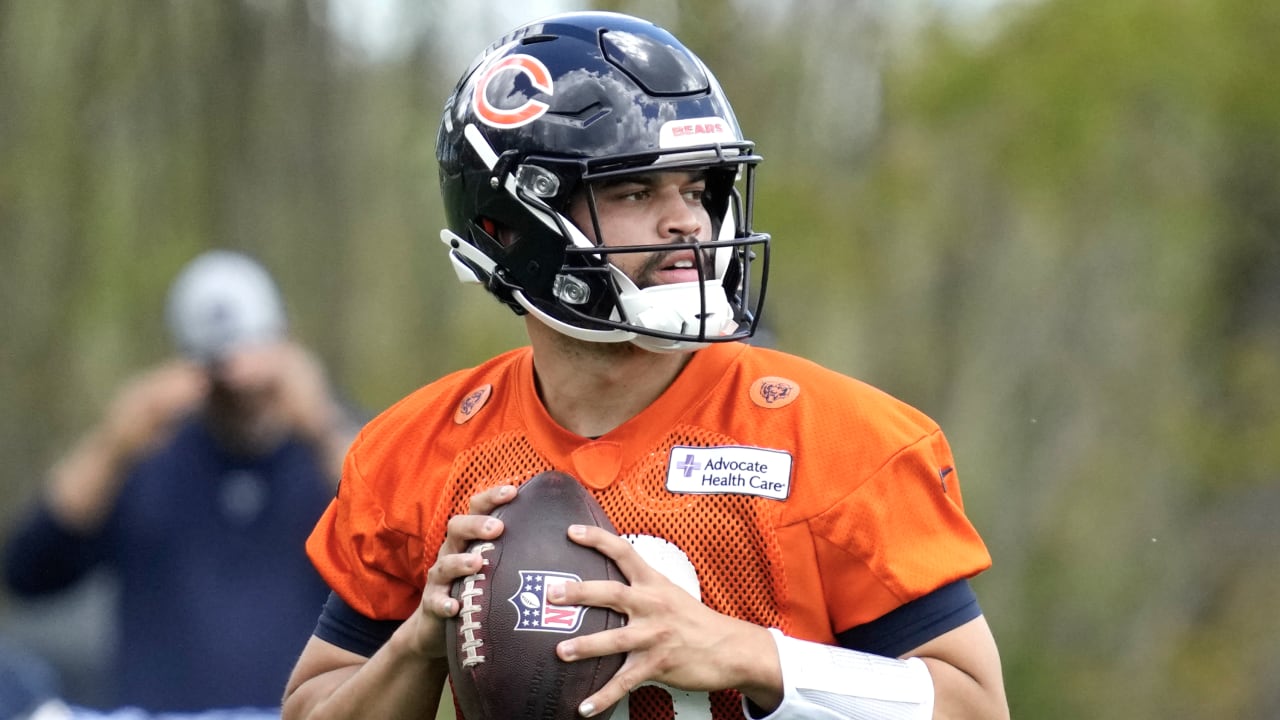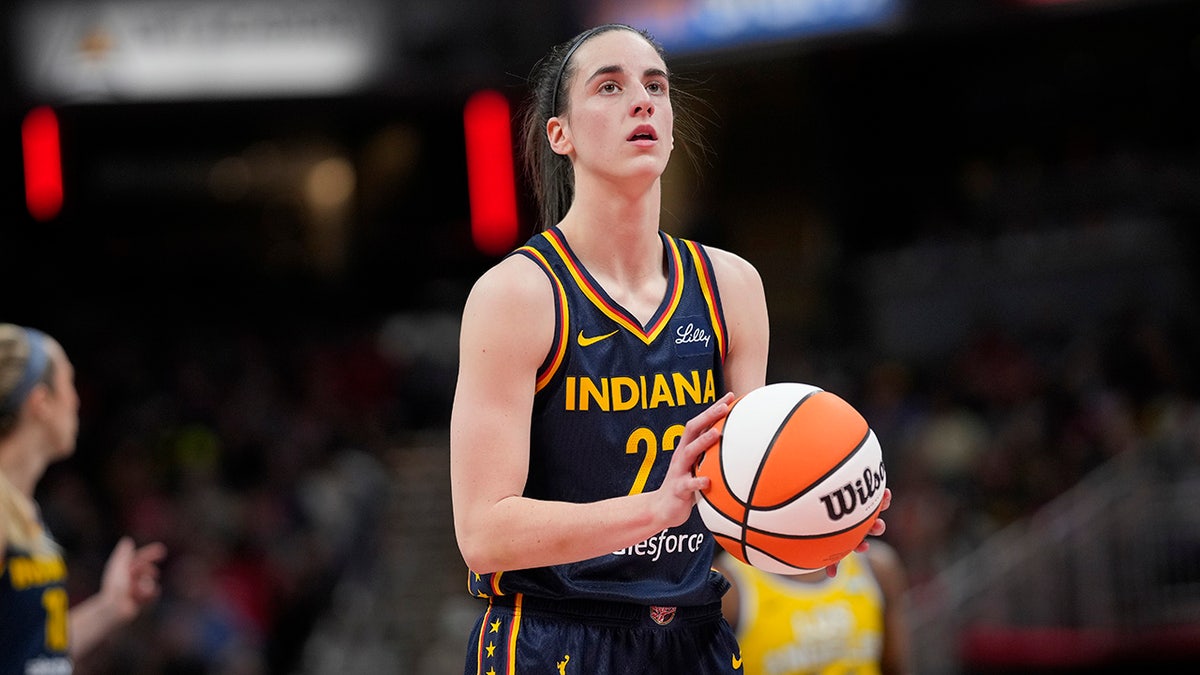hard.indah.link
CLEVELAND — When Nick Hamilton wasn’t wandering the kitchen with a broom, pretending to rake an imaginary infield, he was recreating baseball scenes with his younger brother, Brad, in the backyard.
The ’90s Cleveland Indians were thriving after four decades of ineptitude. The boys caught the fever.
Day after day, they repeated their favorite line while imitating their favorite voice — at least, until neighbors urged them to pipe down.
Swing and a drive!
“They immediately got sucked into that vortex of enthusiasm,” said Wendy, their mom.
The Hamilton boys are now adults, both married. Nick scouts for the Kansas City Royals. Brad, a local TV reporter, has a son, Liam, who clutches a baseball to relieve a cranky mood. Brad does a spot-on impersonation of that voice he’s mimicked since he could recite the alphabet. He nails the pauses, the cadence, the verbiage. Coworkers regularly nudge him to perform it.
“We both wanted to be like him,” Nick said. That’s not an uncommon aim for a Clevelander or an aspiring broadcaster.
Last month, as their father, Tom Hamilton, carried a conversation in the press dining room at Progressive Field, across the hall from his broadcasting sanctuary, a familiar voice bellowed that holy phrase during a pregame promo on the ballpark speakers.
Swing and a drive!
“That sounds pretty good,” Hamilton said sheepishly, before asking if fans could hear those calls every night.
Hamilton loathes talking about himself. You won’t hear from him in this piece. He’ll insist it’s better that way.
This is Hamilton’s 35th year in Cleveland’s radio booth, joining TV analyst Rick Manning as the longest-tenured broadcaster in team history, surpassing the 34-year run of Herb Score, Hamilton’s mentor. Hamilton likes to say he’s just stunned a hot mic hasn’t picked up any between-innings colorful language he’s used while bantering with his partner, Jim Rosenhaus. He won’t entertain questions about retirement, instead claiming he needs the paycheck to cover the cost of his children’s weddings and toys for his two grandkids.
Each of the past three years he has been eligible, Hamilton has been a finalist for the Baseball Hall of Fame’s Ford C. Frick Award, the profession’s highest honor and one that includes the delivery of a speech in Cooperstown. He prefers to offer a joke about being a three-time loser instead of one of the preeminent sports chroniclers in Cleveland history and in major-league baseball today. He compares himself to Susan Lucci, the “All My Children” actress who finally won an Emmy Award after two decades of fruitless nominations.
That’s the way he’s always operated: in a self-deprecating and light-hearted manner, whether as a teenager plucking hen eggs on a Wisconsin farm or as a Hall of Fame candidate detailing the action on the diamond for generations of Cleveland baseball fans.
The dream originated on the front porch of the Hamiltons’ 150-acre dairy farm. When he wasn’t baling hay, he listened to a transistor radio as Earl Gillespie called Milwaukee Braves games in the early ’60s. His family would attend a Braves game once a year, but they’d hustle home so his parents could complete a nighttime cow milking session.
His first job was in Shell Lake, Wisc., a town of about 1,300, where he served as a DJ for a country music station while living in the basement — more a “cellar,” he says — of the station owner’s mother’s home. He wound up at WBNS in Columbus, where he met Wendy, his future wife, who also worked the morning news shift.
The Indians were seeking a new partner for Score and had narrowed the field to four candidates — none of them Hamilton. He hadn’t applied. He had experience calling high school games. He called games for the A-ball Appleton Foxes. In Columbus, he volunteered as part of the broadcast crew for the Clippers, the Yankees’ Triple-A affiliate. But he didn’t think he deserved big-league consideration, even after he reluctantly submitted an audition tape, landed the job and moved to Cleveland ahead of the 1990 season. Hamilton still describes it as winning the lottery.
He and Wendy purchased a house in Bay Village because, as Hamilton likes to say, it had good resale value. He never imagined a career that would persist for at least 35 seasons.

Tom Hamilton, now in his 35th season with the team, has been the soundtrack to three decades of Cleveland summers. (Photo courtesy of Russell Lee / Cleveland Guardians)
Hamilton arrived at his first spring training a wide-eyed rookie who couldn’t believe he had landed a big-league gig ahead of some of his Triple-A colleagues whom he considered more deserving. There, in Tucson, he joined Score, who dealt him a dose of reality.
A gullible consumer of spring hope, Hamilton was convinced the Indians were poised for an upswing. The team hadn’t finished better than fourth in the AL East nor won more than 84 games in three decades. Score set him straight: They would be the dregs of the AL, per usual. This was no script to “Major League,” the spoof about the sad-sack-turned-upstart Indians that had come out a year earlier. This was, simply, an inept team.
And, for a broadcaster, Score argued, that shouldn’t matter. That couldn’t dampen Hamilton’s enthusiasm on the mic. He needed to approach the job as if someone would tune in for the first time each night, and it was his obligation to capture their imagination.
That wouldn’t be an issue.
“Tom wanted that job for as long as he could have it,” Wendy said. “His attitude was, ‘This is like Christmas every day.’”
The start of his Cleveland tenure was marked by dreadful baseball, managerial changes, the Little Lake Nellie tragedy and a player’s strike. But in 1995, Hamilton and Score offered the city the vocals on a long-awaited summer hit.
Hamilton sharpened his home run call as Albert Belle, Manny Ramirez and Jim Thome launched baseballs into orbit. He had more reason to supply energy and enthusiasm, as the club provided fireworks almost nightly en route to 100 wins in a strike-shortened campaign.
GO DEEPER
Beers in the hot tub, holes in the wall: Tales from Cleveland's Municipal Stadium clubhouse
People listened to his narration while sipping a beer on their back patio at sunset. They listened while pulling weeds on a Sunday afternoon. They listened while shuttling their kids to and from Little League games. Wendy followed the feed from every neighbor’s radio as she pushed Nick in a stroller around their development.
Hamilton composed the soundtrack of every Cleveland summer.
“It really struck me how many folks’ lives you touch,” she said.
Hamilton resides on the right side of Booth 3 at Progressive Field, with a scorecard in front of him, a pen in his hand and scribbles everywhere — some highlighted, some illegible.
He prepares the notes while sitting at a table at the back of the booth before every game. It’s a process that takes longer than it should because he always has company. Whether the visiting broadcasters, a member of the media or a Guardians employee, someone’s always visiting. Hamilton isn’t one to shoo anyone who wants to chat, even if he’s busy.
He leans two binders against the frame of the booth’s windows, one for each team, with a page of notes for each player. José Ramírez’s page is running out of real estate, with accomplishments squeezed into every inch of space, such as his annual finishes in the American League MVP balloting. Hamilton’s laptop, sitting on his left, is opened to Baseball Savant or MLB Gameday, where he can confirm pitch sequences in real time.
The Hamilton kids used to peer up at their dad in the booth from seats along the third-base line. Now, Brad listens back to his dad’s calls while running on the treadmill each morning. Nick tunes in as often as he can, even though he works for a Guardians division rival. Three hours of his dad painting a visual while riffing on college baseball and Hyundai Santa Fe giveaways or exaggerating the contents of Rosenhaus’ dinner plate serves as the perfect soundtrack for a long, monotonous drive to evaluate the next prospect. There’s still a thrill in listening to his father’s calls. Nick’s favorite is his dad describing how Francisco Lindor’s grand slam clanged off the right-field foul pole as Progressive Field shook in Game 2 of the 2017 AL Division Series.
GO DEEPER
From the corner of Hamilton and Rosenhaus: An eventful day in the Indians’ radio booth
Nick has battled hearing loss since he was a kid, first requiring a hearing aid before ultimately receiving a cochlear implant in 2020. When he was young, he needed to crank up the volume on the radio or TV. But not when he turned on a Cleveland broadcast. He could always hear his dad. He knew that voice.
“His style is so unique,” Nick said. “When I’m flipping around games, I know immediately when it’s him. And it’s not just because it’s my dad. I’m sure plenty of fans feel the same way. His voice, the way he does it. He’s an original.”
He’s known in Cleveland for that “Swing and a drive!” call when a Guardian slugs a home run and for stressing each syllable in “Strike. Three. Called.” when a pitcher stumps a hitter and for simply shouting “Ballgame!” the instant the Guardians win. He vowed Cleveland would have an October to remember after Jim Thome squeezed the final out of the victory that vaulted the club into the postseason in September 1995, the official burial of four decades of misery. The disbelief in his voice was palpable as the Indians erased a 12-run deficit in a record-setting comeback against the 116-win Mariners in 2001.
In 2016, he voiced the team’s march to Game 7 of the World Series, highlighted by Rajai Davis’ game-tying home run in the decisive tilt.
“Swung on, lined to deep left field … it is … gone!”
Then, for 25 seconds, he let the roar of the crowd set the scene before finally proceeding.
Hamilton’s fondest on-field moment, however, is one missing his narration.
Cleveland selected Nick in the 35th round of the 2012 draft out of Kent State. Near the end of spring training in 2014, Nick was among a group of minor leaguers included on the roster for a game against the Reds. He was meant to be a mere dugout observer or, at best, a late-inning replacement. Nick was just thrilled with the opportunity to watch Terry Francona operate, to have a front-row seat to a Joey Votto at-bat and to share a bench with players from a reigning playoff team.
Nick finished his morning work on the minor-league side of Cleveland’s complex. On his walk to the major-league side, he passed Nick Swisher, who was headed out the door in street clothes. The team had told Swisher he could take the day off since they were playing under National League rules, with the Reds serving as the home team.
After Swisher left the complex, though, the Reds granted the Indians permission to use a designated hitter. Francona summoned Nick about 15 minutes before first pitch and asked if he wanted to bat ninth and DH in Swisher’s place.
“It was as big an adrenaline rush as I can remember,” Nick recalled.
A singles-hitting outfielder, Nick knew he was closer to being cut than to cracking any top prospects list. He noticed younger players lapping him in Cleveland’s system. There was no knowing what lurked ahead on his baseball journey, but this would be a milestone worth treasuring.
Two thousand miles away, Brad was sitting with his mom, who toggled through channel after channel trying to find the Reds’ broadcast. She discovered it about two minutes before Nick approached the plate for the first time. Tom had the afternoon off, but he caught the game from his usual perch at Goodyear Ballpark.
“There are no words,” Wendy said. “I wasn’t as nervous for Nick as I was for his dad.”
She knew he wanted to be pacing down the third-base line, but instead, he was stricken to a booth with an open window, watching, teary-eyed, as his firstborn lived out his dream. The man tasked with describing the scene on the diamond didn’t utter a word.
“He would have had trouble getting through that,” Wendy said.
It’s rare for Hamilton to be at a loss for words, whether making the rounds in the Guardians’ clubhouse or the press dining room or detailing a chaotic walk-off or a José Ramírez jab. His “Down Goes Anderson!” call last summer, when Ramírez TKOed Tim Anderson, went viral, which brought Hamilton plenty of unwanted (even if praise-filled) attention.
GO DEEPER
'Down goes Anderson!': Guardians radio voice Tom Hamilton reviews his prize fight call
“He does not like to talk about himself,” said Kelsey, his oldest daughter. “That stays a pretty universal theme.”
That applies to any potential Hall of Fame speech. Even as his name pops up on the list of finalists each year, Kelsey noted he relies on his favorite one-liners: “Must be a slow news day,” or “Everyone must have been nominated.”
If he does eventually win, Brad surmised it’ll be a “long-winded” speech, one full of gratitude toward those who paved the way for him to the broadcast booth. He’ll surely give a nod to Gillespie (with whom he eventually called football games), Bob Uecker, Gary Bender, Eddie Doucette, Merle Harmon and others he admired as a kid in rural Wisconsin. Wendy guessed he’d write the speech at home and recite it to her a bunch of times until it felt comfortable. It never will. This is a man who speaks to tens of thousands every day for eight months a year. But never about himself.
“My dad shuts down any conversation that’s about himself,” Brad said. “I just want him to sit there one day and really have to listen to people tell him he’s great and he can’t say a word.”
(Top illustration by Dan Goldfarb / The Athletic; photos courtesy of Russell Lee / Cleveland Guardians)
Adblock test (Why?)
The Link Lonk
May 28, 2024 at 04:15PM
https://news.google.com/rss/articles/CBMiYWh0dHBzOi8vd3d3Lm55dGltZXMuY29tL2F0aGxldGljLzU0NjA3NDYvMjAyNC8wNS8yOC90b20taGFtaWx0b24tY2xldmVsYW5kLWd1YXJkaWFucy1icm9hZGNhc3Rlci_SAQA?oc=5
It's hard to not be a fan of Guardians announcer Tom Hamilton — just ask his kids - The New York Times
https://news.google.com/search?q=hard&hl=en-US&gl=US&ceid=US:en









:max_bytes(150000):strip_icc():focal(737x222:739x224)/Savannah-Chrisley-Robert-Shriver-020724-tout-00bc6fe9d1e349f8adc665bd9278dd76.jpg)












